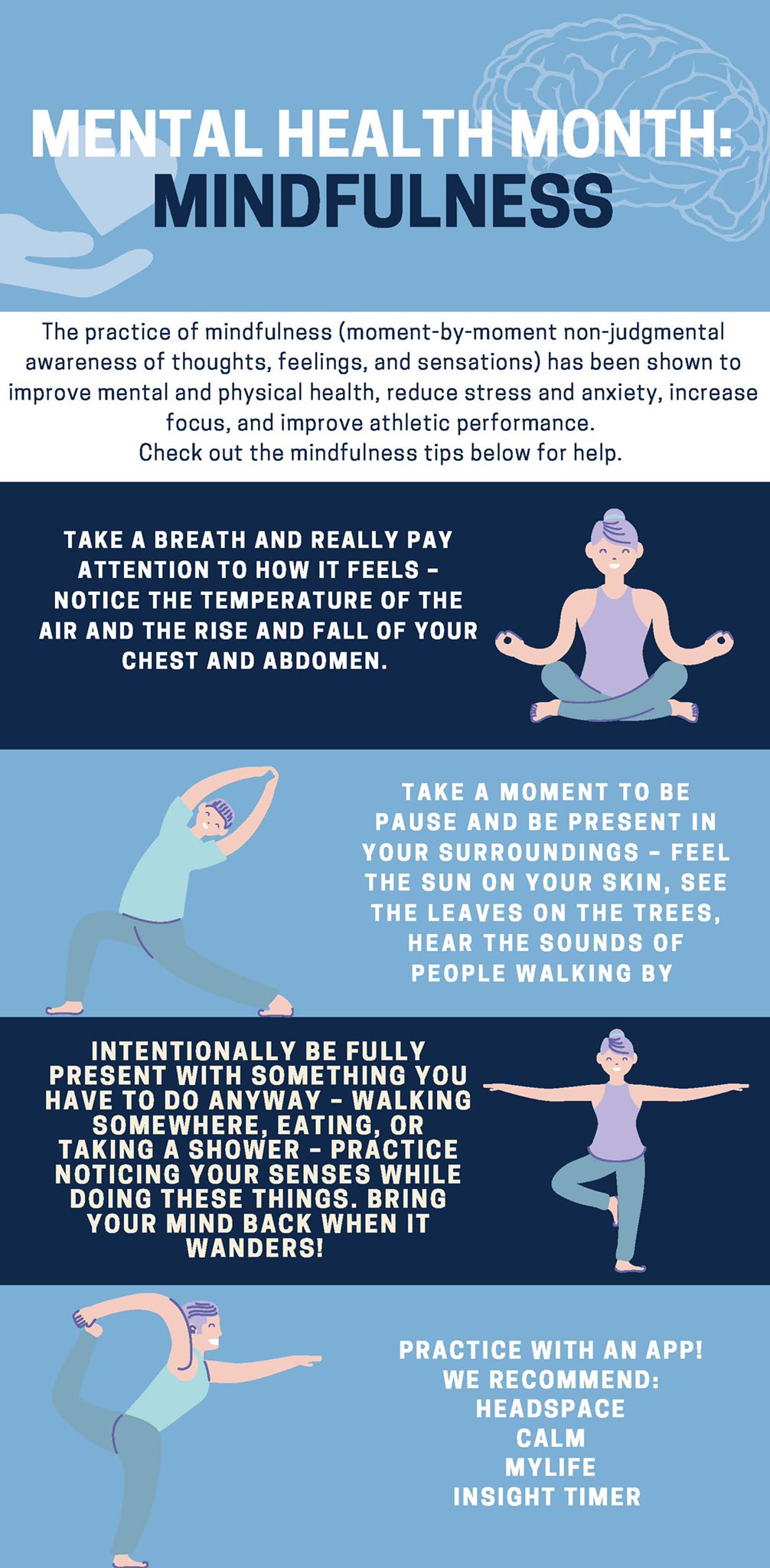Introduction:
In today’s fast-paced world, finding time to hit the gym can be challenging. However, mastering home workouts offers a convenient and effective solution for staying fit and healthy. Whether you’re a seasoned fitness enthusiast or a beginner, incorporating these essential tips into your home workout routine can set you up for success.
Create a Dedicated Space:
Setting aside a dedicated space for your home workouts can help create a conducive environment for exercise. Whether it’s a spare room, corner of your living room, or even your backyard, having a designated area free from distractions can help you focus and stay motivated during your workouts.
Invest in Basic Equipment:
While you don’t need a fully-equipped home gym to get in a good workout, investing in some basic equipment can enhance your exercise routine. Consider purchasing items like dumbbells, resistance bands, a yoga mat, or a stability ball to add variety and resistance to your workouts.
Plan Your Workouts:
Just like with any fitness routine, planning is key to success when it comes to home workouts. Take some time at the beginning of each week to schedule your workouts, taking into account your fitness goals, available time, and preferred activities. Having a plan in place can help you stay on track and make the most of your workouts.
Mix Up Your Routine:
One of the advantages of home workouts is the flexibility to try different exercises and routines. Keep things interesting by mixing up your workouts with a variety of exercises, including strength training, cardio, flexibility, and balance exercises. Not only does this prevent boredom, but it also helps target different muscle groups and prevent plateaus.
Focus on Form and Technique:
When working out at home, it’s essential to prioritize proper form and technique to prevent injuries and maximize results. Take the time to learn the correct form for each exercise and focus on maintaining proper alignment and posture throughout your workouts. If you’re unsure about proper technique, consider working with a certified personal trainer or fitness instructor.
Stay Consistent:
Consistency is key to seeing results with any fitness routine, including home workouts. Make exercise a non-negotiable part of your daily or weekly schedule and commit to sticking with it, even on days when you don’t feel like working out. Remember that progress takes time, so stay patient and trust the process.
Set Realistic Goals:
Setting realistic and achievable fitness goals can help keep you motivated and focused on your journey to better health. Whether it’s improving your strength, increasing endurance, or losing weight, break your goals down into smaller, manageable steps and celebrate your progress along the way.
Listen to Your Body:
Pay attention to how your body feels during and after your workouts and adjust your intensity and volume accordingly. It’s normal to experience some muscle soreness, but if you’re experiencing sharp pain or discomfort, it’s essential to stop and reassess. Remember that rest and recovery are just as important as exercise itself.
Stay Hydrated and Fuel Your Body:
Proper hydration and nutrition are essential components of any fitness routine. Make sure to drink plenty of water before, during, and after your workouts to stay hydrated and replenish lost fluids. Additionally, fuel your body with nutritious foods that provide the energy and nutrients needed to support your workouts and recovery.
Conclusion:
Mastering home workouts requires dedication, consistency, and a willingness to adapt and learn. By incorporating these essential tips into your routine, you can create a sustainable and effective home workout regimen that helps you reach your fitness goals and live a healthier, happier life. So, lace up your sneakers, clear some space, and get ready to crush your home workouts like a pro! Read more about exercise tips at home




